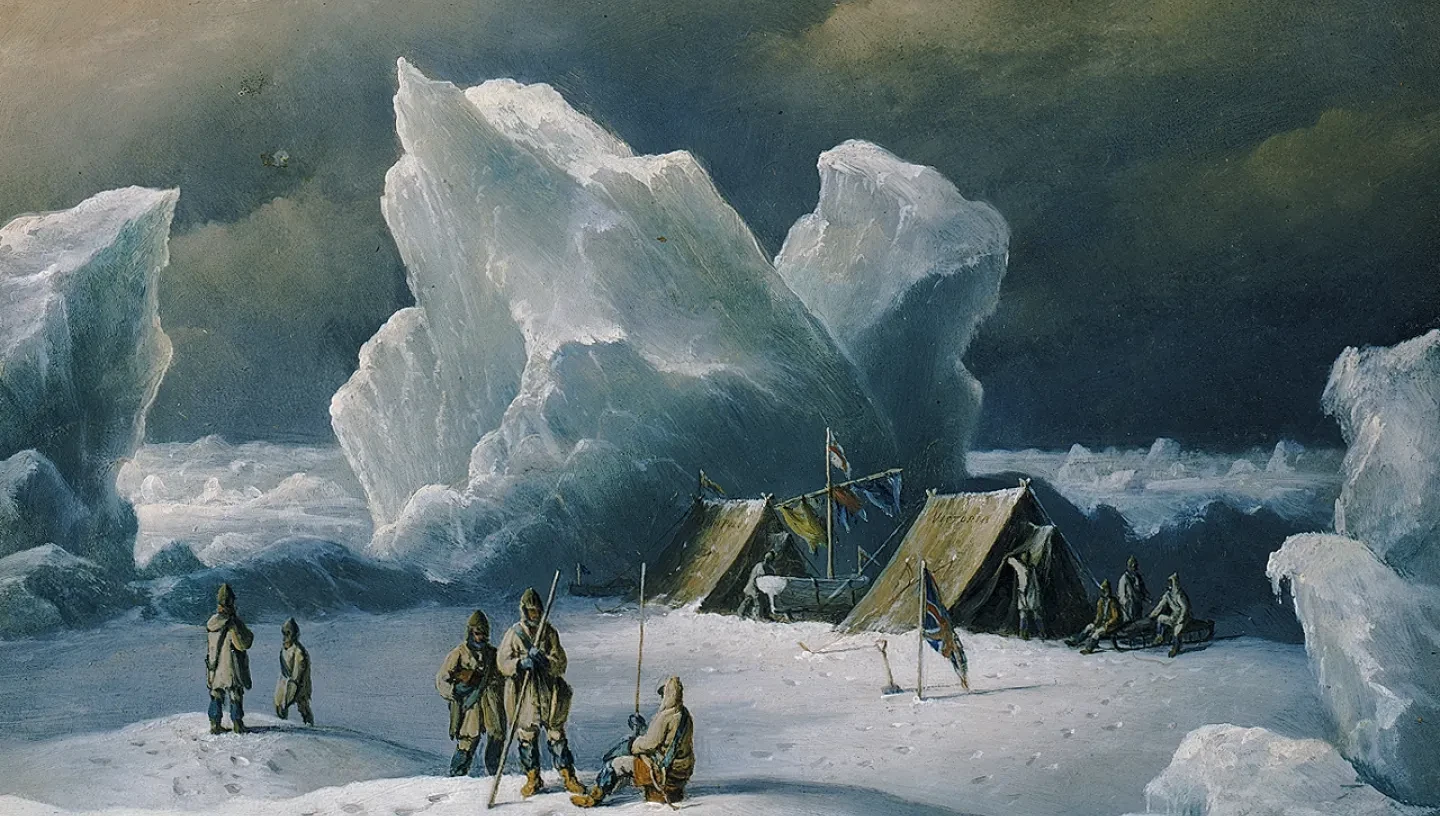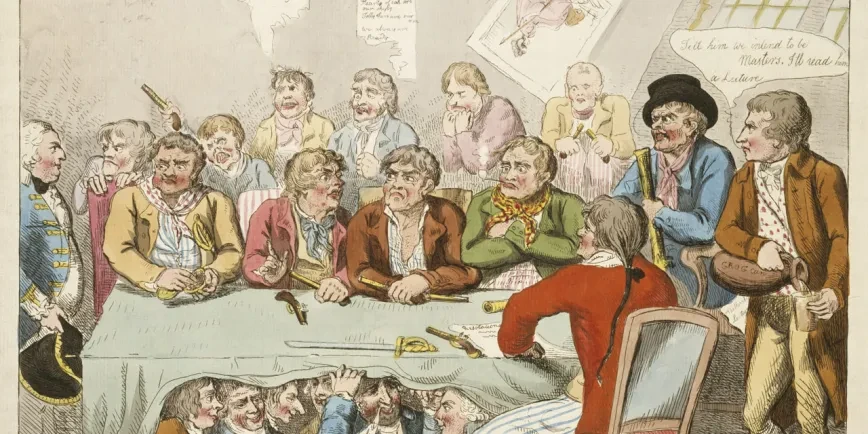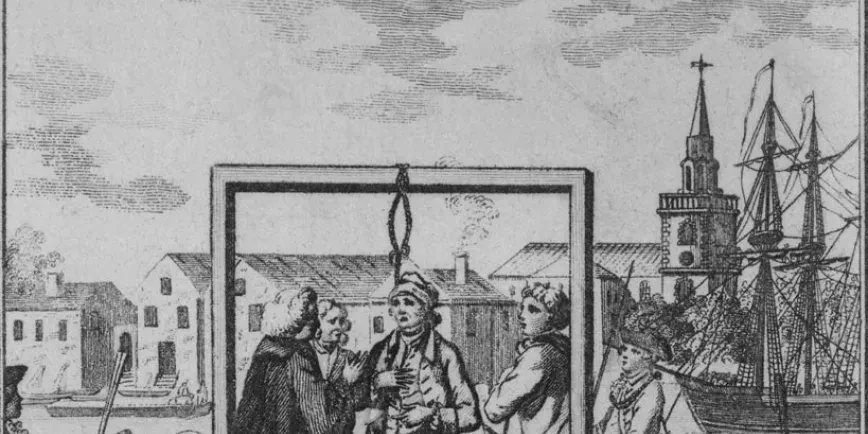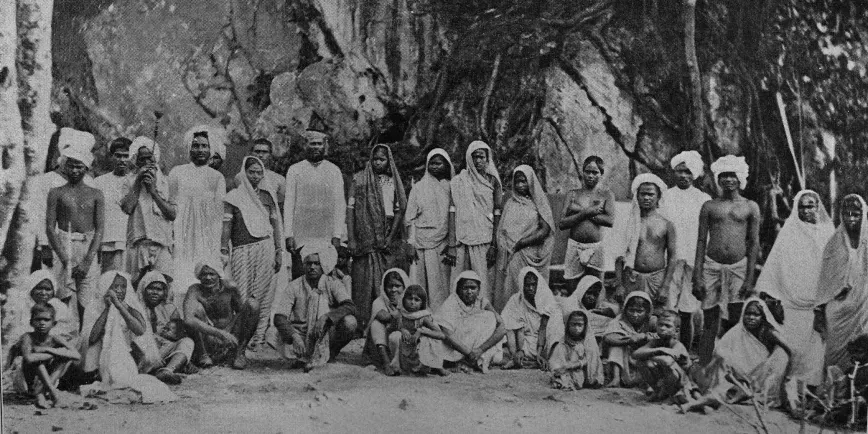
Essential information
| Type | Talks and tours |
|---|---|
| Location |
Online
|
| Date and times | Tuesday 20 February 2024 | 5.15pm - 6.30pm |
| Prices | Free |
During the mid-1800s, the British state orchestrated a scientific venture of unprecedented ambition: to survey the Earth’s magnetism. Armed with immensely delicate instruments for measuring magnetic phenomena, known as dipping needles, naval expeditions circumnavigated the world, performing hundreds of thousands of experiments.
The Royal Navy was crucial to this venture, organising voyages to the Arctic and Antarctic in search of the north and south magnetic poles. A host of celebrated ships, including HMS Terror, Erebus, and Beagle, participated in this enterprise, as did celebrated naval officers. Though remembered primarily for their Arctic voyages of discovery, individuals like Sir John Franklin and James Clark Ross were almost fanatical in their promotion and cultivation of magnetic science.
Why did the British magnetic survey matter in the formation of modern science? What did the problem of terrestrial magnetism reveal about the relationship between science and the state? What was the significance of the Royal Navy in the development of the natural sciences? How did scientific practitioners of the 1800s undertake an experimental programme on a global scale?
Drawing on accounts of these expeditions, as well as a more recent circumnavigation of Africa, made in 2020, in which a genuine 1840s dipping needle was used to rework the experiments of the nineteenth-century magnetic survey, Dr Edward Gillin (UCL) will explore the role of the Royal Navy in this vast scientific enterprise. He will examine the challenges this project faced and explain why terrestrial magnetism was such an urgent concern for Victorian society.
Event details
This event is free and open to everyone, and will take place via Zoom. There is no need to book; please click on the button below shortly before 5.15pm on the day.
What’s on
Find more Maritime History and Culture seminars


